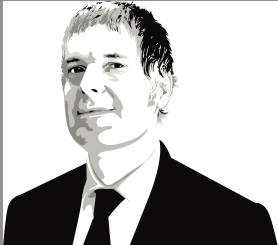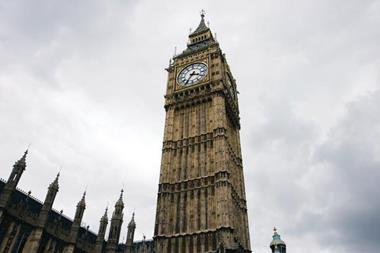by Anthony Murtagh
No one can accuse Jens Weidmann of not knowing his literature. After all, plans to flood the economy with newly printed money have reminded the head of the Bundesbank of a scene from Johann Wolfgang von Goethe’s play Faust – in which the Devil (represented by Mephistopheles) convinces the Holy Roman Emperor to print large sums of money. While this solves the Empire’s short-term financial problems, it leads to disastrous and rampant inflation.
It is obvious that Weidmann’s analogy is a direct attack on Mario Draghi’s bond-buying programme. “If a central bank can potentially create unlimited money from nothing, how can it ensure that money is sufficiently scarce to retain its value?” He added: “Yes, this temptation certainly exists, and many in monetary history have succumbed to it.”
Draghi’s announcement of an “unlimited” bond-buying programme boosted confidence in European markets towards the start of this month. Under what he described as a “fully effective backstop”, the ECB would ensure any and every Euro government’s cash flow by standing prepared to purchase vast amounts of sovereign debt in return for a stringent bailout deal.
Weidmann’s remarks come as a warning against the quick “fix” offered by money printing, just as Frankfurt marks the 180th anniversary of the death of Goethe. Weidmann didn’t directly discuss the ECB or the OMT during his speech on Tuesday but the message was pretty clear.




















No comments yet